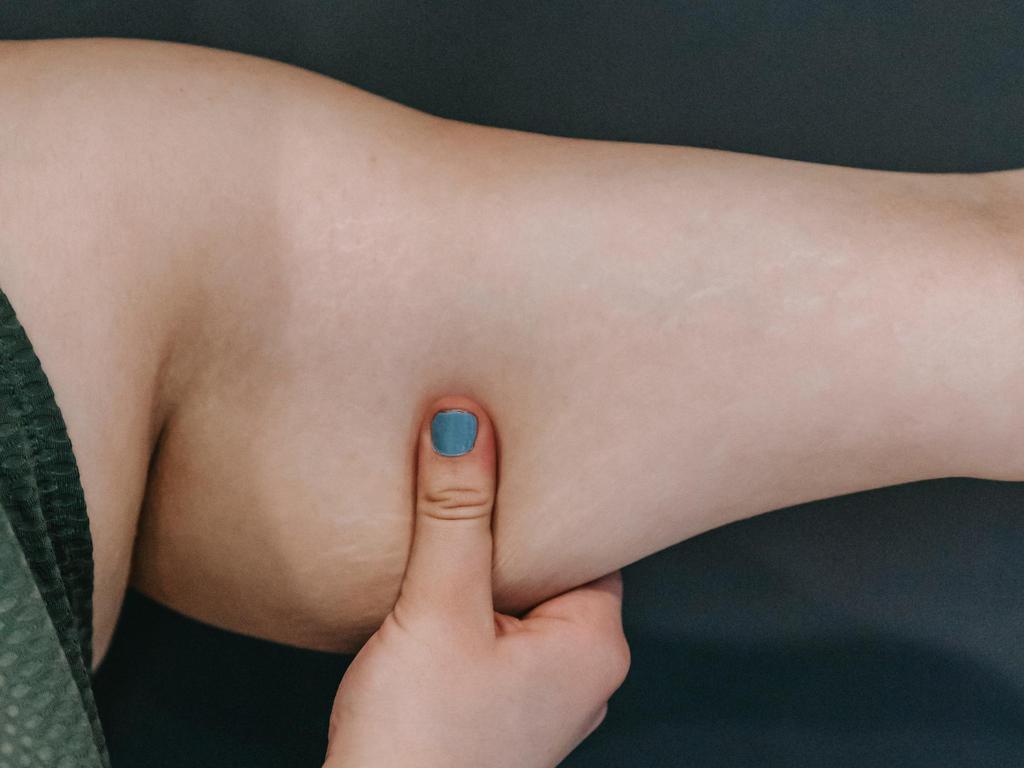When experiencing symptoms of a cold such as headache and dizziness, the first step is to drink plenty of water. Staying hydrated helps with urination and can alleviate throat pain caused by the cold, while also promoting recovery.
Additionally, it's important to consume fresh fruits and vegetables rich in vitamin C, as they can boost the body's immune system to fight off cold viruses or bacteria, thereby aiding in recovery. After the cold subsides, the headache and dizziness should significantly improve.
Using medication can also be effective. Common cold medications often contain ingredients like acetaminophen, chlorpheniramine, and pseudoephedrine hydrochloride, which are good for relieving nasal congestion, runny nose, headache, and dizziness, and also have antipyretic and analgesic effects.

For adults, options include Amoxicillin-Clavulanate Capsules, VC Yinqiao Tablets, or Paracetamol and Pseudoephedrine Granules.
For children, options include Pediatric Chaiqiao Qingre Granules, Pediatric Cold Clearing Granules, or Pediatric Paracetamol and Pseudoephedrine Dispersible Tablets.

